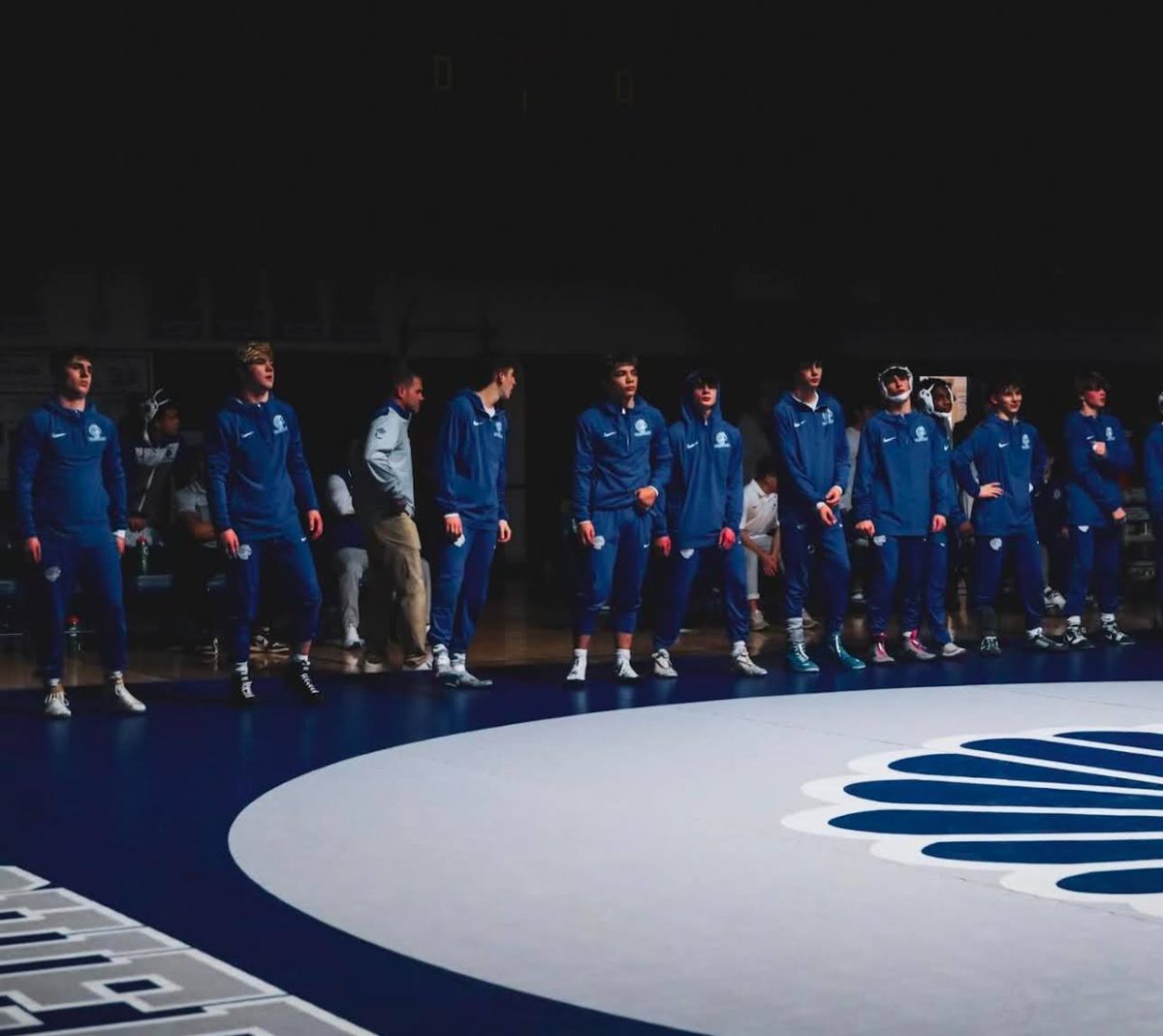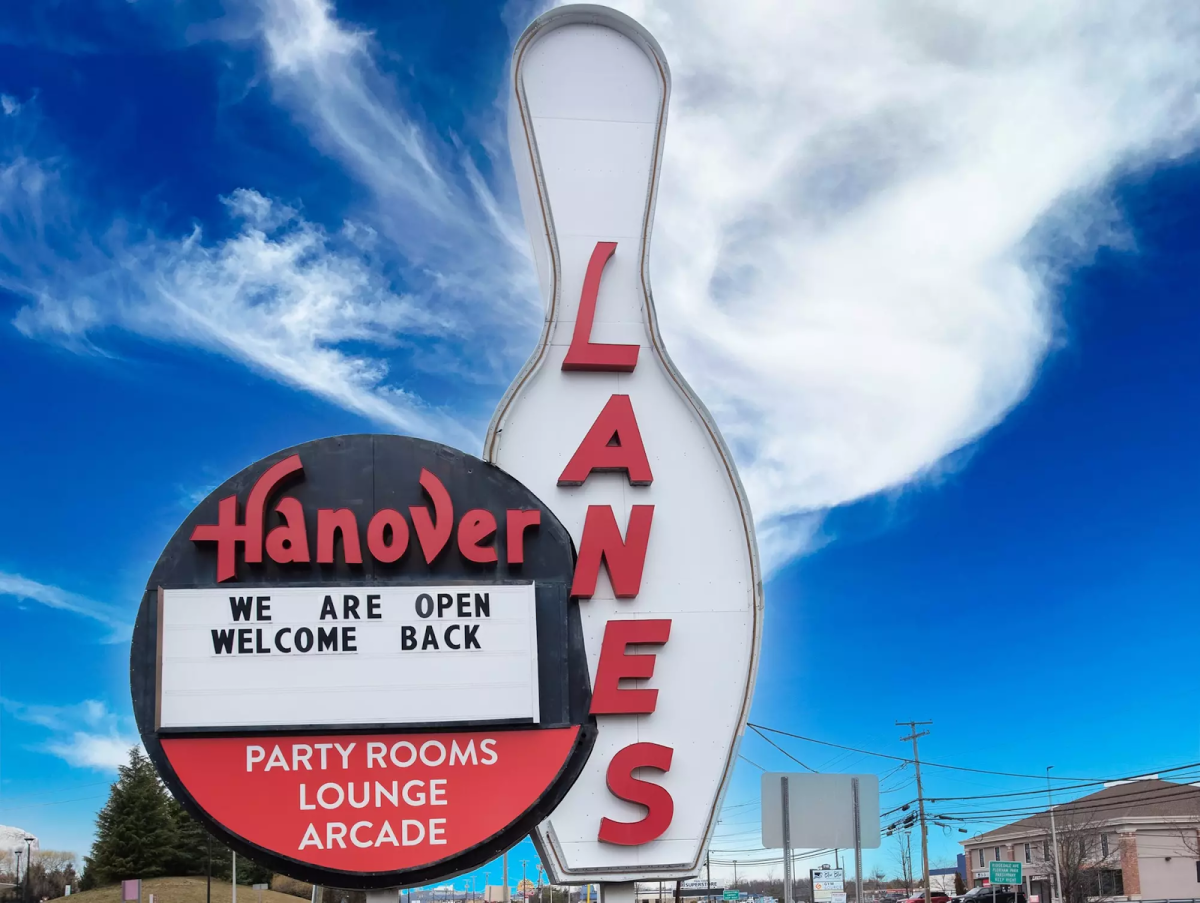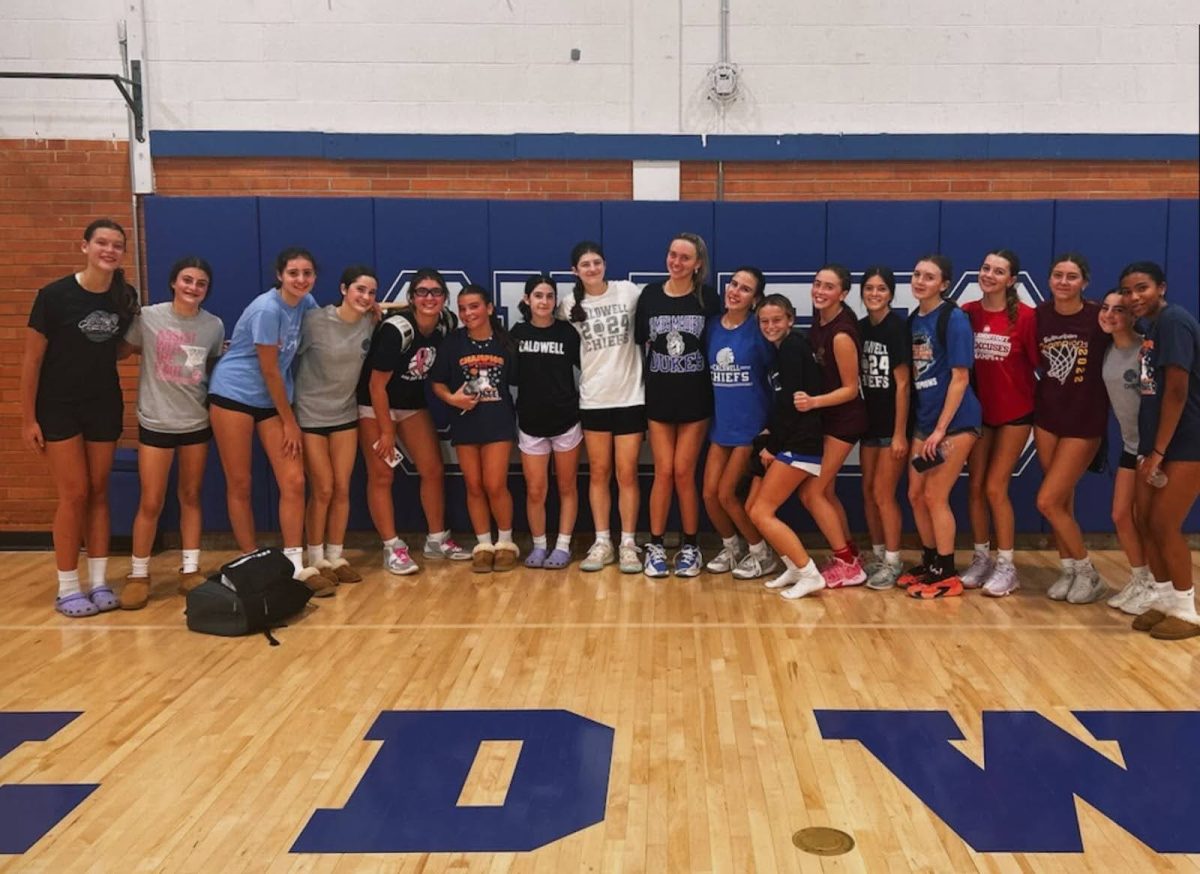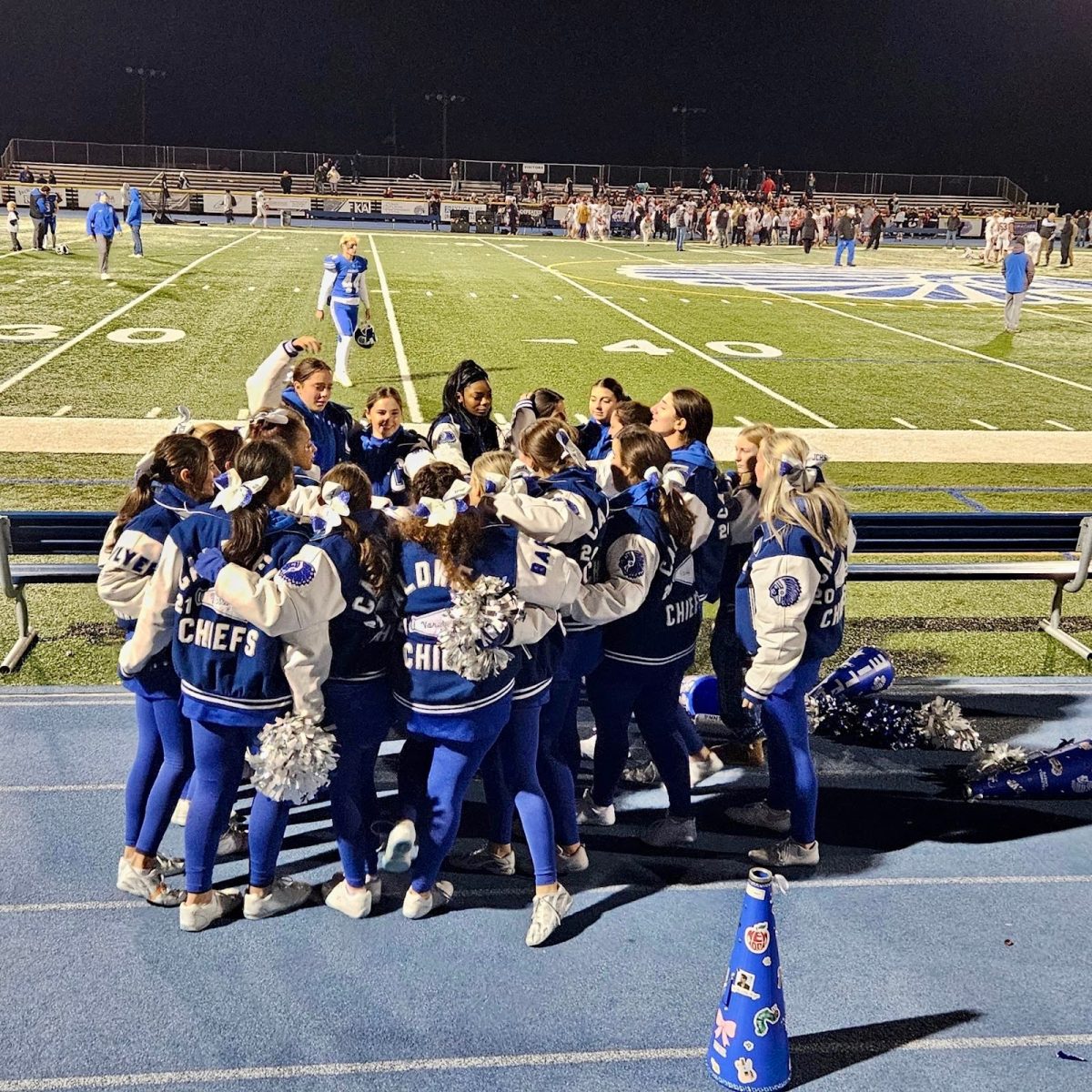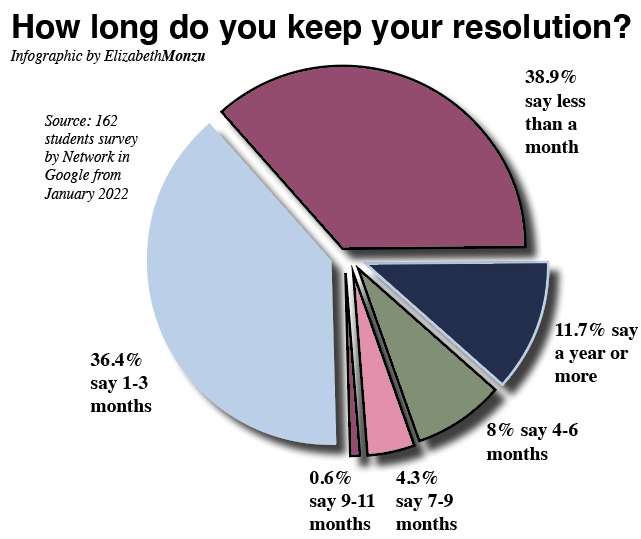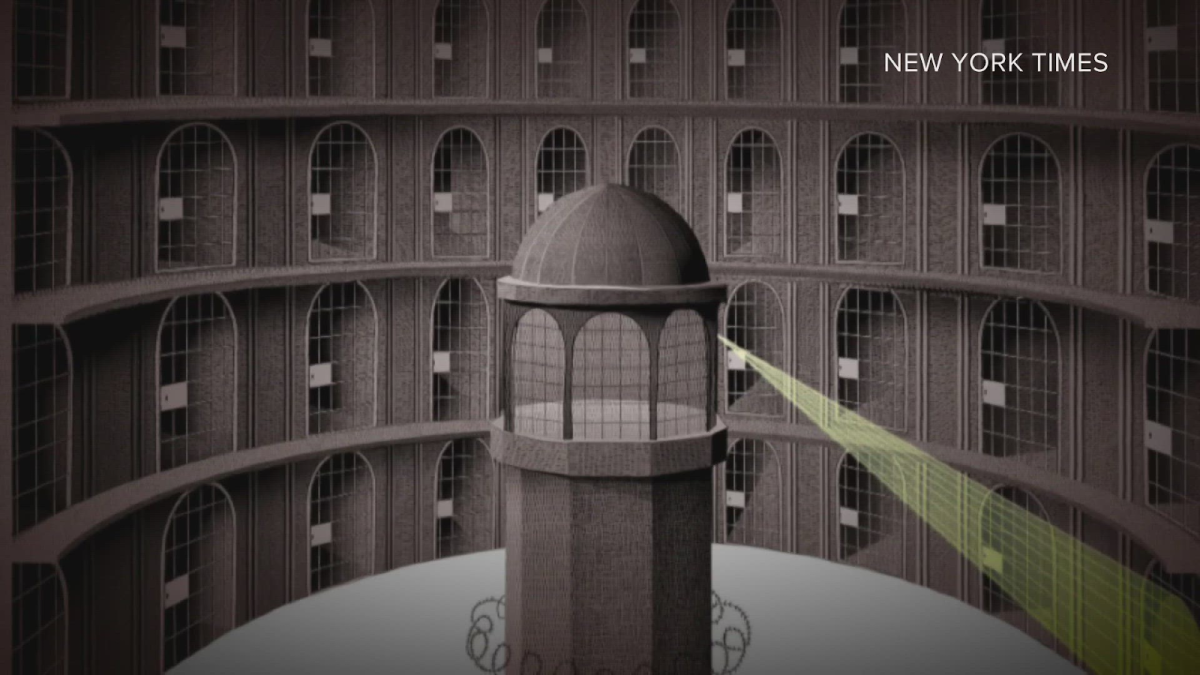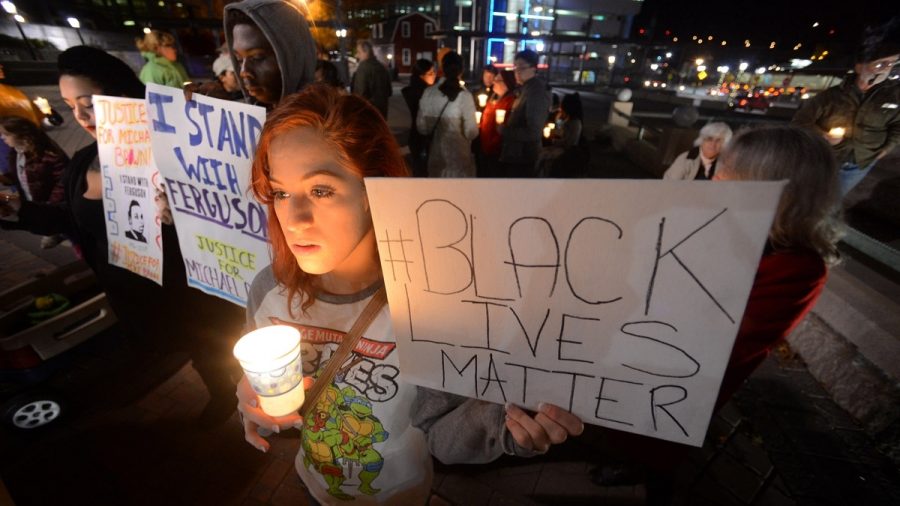The Ferguson case – an incident in which a black 18 year-old, Michael Brown, was murdered by a white police officer, Darren Wilson, who shot him six times and evaded indictment – has long been the topic on the lips of the American public. The true debate for most Americans, however, has been one regarding whether or not this case is truly an issue of racism and police brutality in the United States, rather than a matter of self defense and protocol.
Personally, it astounds me that anyone could see this as anything but a matter of race. Our country has long been built on a foundation of stratified racial hemispheres; there is an embedded racial hierarchy in America, and it is one that still thrives to this day, although many Americans would beg to differ. In order to see how this issue has grown and, one might even say, thrived in our country, they must take a look into the history books. Most, if not all, Americans would admit that racism has always been a part of our history; it is simply impossible to ignore. Slavery, Jim Crow laws, and centuries of racial stratification have created a shameful imprint on our society that cannot go undetected. Many would like to believe, however, that that is all it is: a part of our history, no longer relevant to this day – that it is a snag on the moral conscious of America, never to return again. Racism, however, is much more complicated than that. While it is true that America has indeed made strides to preserve civil rights for many of its minorities in the past decades, racism has not simply flickered and faded away; instead, it continues to manifest itself insidiously throughout our societal and governmental structure. It would truly be a mistake to believe that racism no longer exists in America because we have a black president or because slavery, poll taxes, and other racial hindrances have been abolished. The only facet of racism that has changed is our nation’s perspective on it. We continue to perpetuate a culture of denial.
That being said, in cases like Ferguson, where unarmed black boys are gunned down, the culture of victim-blaming is seen all too often. I cannot count on my hands and feet how many times I’ve heard the media spit back the irrelevant, and usually somewhat racially charged, comments of: “but Brown was a thug,” or, “Brown was a criminal” (a notion which was created by a biased, predominantly white jury, closely associated with the Ferguson PD, which is now being heavily questioned along with other case evidence). The issue here is that it does not matter if Brown had robbed an entire mall, let alone a handful cigarillos; the issue is that he was killed, without a fair chance at justice. For Brown and countless others, he was guilty until proven innocent; it is a mindset like this that led to his unjustified murder. In this sense, however, Michael Brown’s case is certainly not unique. The media has a long history of wrongfully demonizing the victims, especially when they are black – we’ve seen it in Trayvon Martin’s case, in the recent cases of Tamir Rice and Eric Garner, and in a myriad of others. What we should be worried about is the wrongful murder by authority of yet another young black boy; we should not be busy assassinating the character of said victims, which only continues to perpetuate negative stereotypes that result in even more unjust murders.
James Baldwin once said, “Being white means never having to think about it.” I have found that is hard for many white Americans to admit that there is a race problem in America. I find that when one raises the question of racism, there is always a person all too eager to deny it or disassociate themselves with the institution entirely. Those who benefit from this American institution owe it to those who don’t to consistently check their own behavior and actions to make sure they are not perpetuating this culture of racism – that they are providing equal representation, that they are free of prejudice, and that their own speech and understanding of the world has not been tainted by bias. If you benefit from social privilege, use it as a mouthpiece for those who cannot, and know that it is important to use these heinous incidents to learn from them as a nation, in the hopes of one day becoming a more inclusive community.







